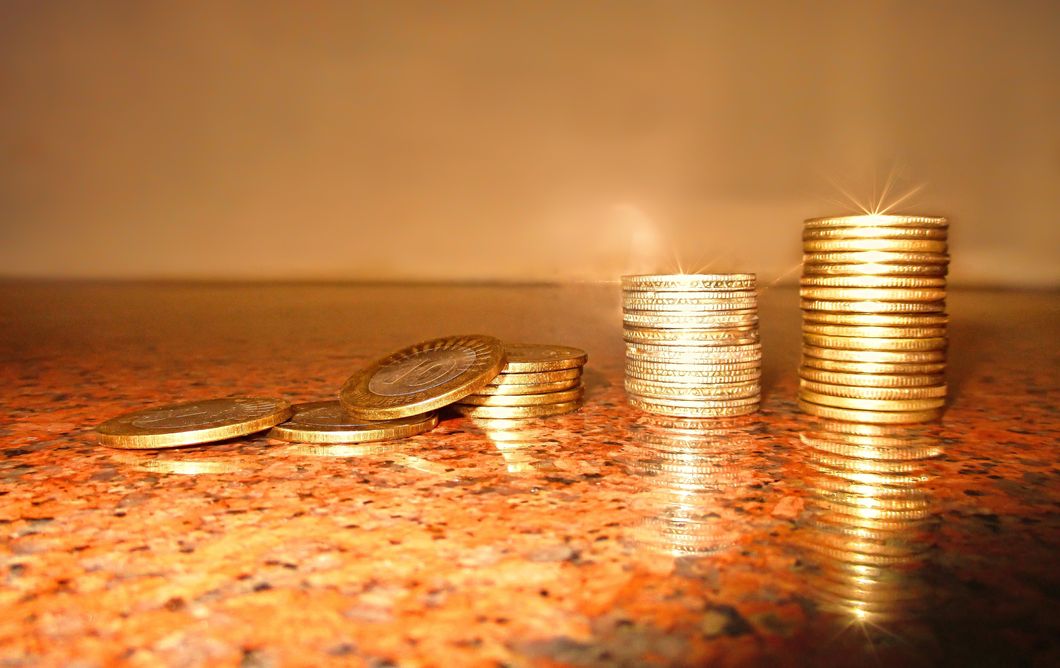Capitalism is a very hot buzzword nowadays. I've been aware of how controversial the term is since I was a small kid. I grew up around a lot of conservative folks and when Barack Obama ran for president in 2008, he was often described to me as a socialist. Naturally, being a kid, I took the adults' word for it. Obama was a socialist in my mind, and he continued to be one until I became about 18 years old. However, Barack Obama is a far cry from socialism. In fact, he's perhaps one of the most capitalist Democrats in the mainstream of recent continuity. So why was I confused about him being a socialist as a kid? The answer is simple: no one actually knows what capitalism is.
Some conservatives may tell you that capitalism is an economic system where there's no regulation of business and the free market decides how to allocate resources and how the flow of money will go. While that is definitely a type of capitalism, it's only a small portion of the broad scope of what capitalism is. This system is actually known as laissez-faire or free market capitalism and was advocated by proponents such as Margaret Thatcher, Ronald Reagan, and Ayn Rand.
The definition of capitalism, as per the Oxford English Dictionary, is "an economic and political system in which a country's trade and industry are controlled by private owners for profit, rather than by the state." This is a broad definition in and of itself, but we can extrapolate several unique characteristics that are required for a system to be capitalist. The main one is that the means of production and industry are controlled by private owners, not the state. The other is the profit motive, in which industry is manifested upon the goal of profit and material gain.
Socialism, on the other hand, is defined by the Oxford English Dictionary as "a political and economic theory of social organization which advocates that the means of production, distribution, and exchange should be owned or regulated by the community as a whole." However, this definition is flawed because it misses the crucial point of socialism. The means of production must be OWNED by the people. Regulation is inherently incompatible with socialism because it attempts to work within the current system, rather than overthrow it and replace private ownership with common ownership.
Self-described democratic socialists like Bernie Sanders are mislabeling themselves. Sanders and his colleagues are in fact supporters of social democracy, which is a left-wing form of capitalism in which the state has significant intervention in the market, but still relies on a capitalist structure for the economy. Most social democracies are in favor of mixed economy capitalism, in which some sectors are public while most others are private.
The essential point that everyone gets wrong about capitalism and socialism is that it is all based around who owns the means of production. Capitalists support entrepreneurs to hold those means, while socialists advocate for the state or the people to hold them. This difference is crucial because it marks the beauty and benefits of capitalism.
'Capitalism comes in many different shapes and forms, from free-market capitalism to techno-capitalism, welfare capitalism, state capitalism, the Third Way, and many other forms. Each of these has varying degrees of regulation on the market, but they all have in common the belief that the means of production should not be owned by the state, or at least most of the means of production shouldn't be.
Capitalism is a flexible doctrine, but socialism is not. It rigidly requires that the people own all or most of the means of production, and that is an ideology that few people support in Western democracies. Capitalism is not only confined to deregulation and hands off tactics. Keynesians argue that the government has a strong part to play in regulation, and the welfare state is a common mark of almost every capitalist system in the world today. Some liberals are wrong in saying that socialism is what we have in Scandinavia, and some conservatives are wrong in that, too.
Capitalism is much broader and complex than most people believe, and most people, either inadvertently or not, believe in capitalist systems of government and economy.












